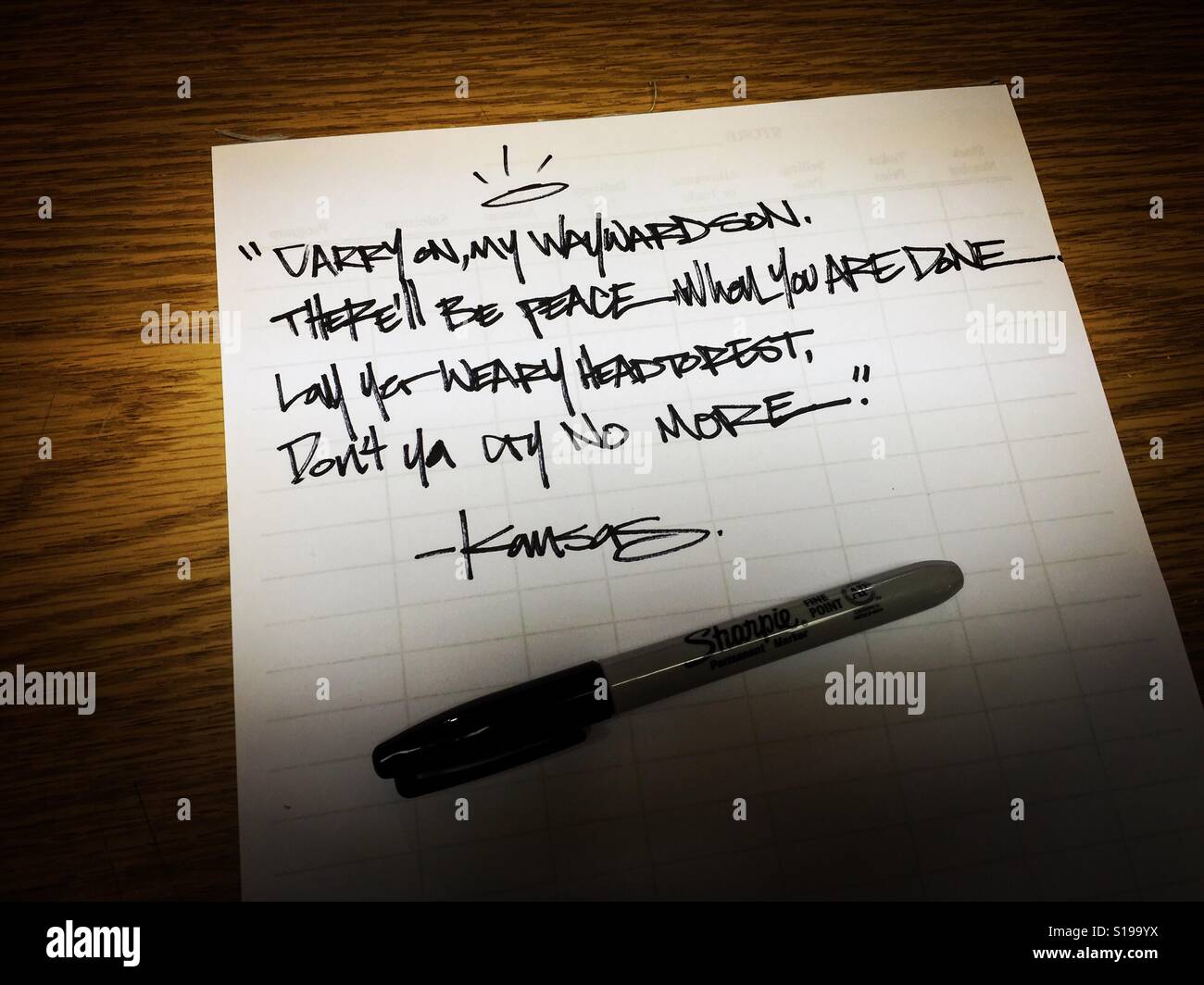

I’m not saying my family was not Christian. “ I see many who were raised up in a church-going family as opposed to a Christian family. Referring to the famous quote by Billy Graham, he said that he had received just enough cultural Christian teaching to inoculate him against the real thing Livgren describes his family participation in faith as “ typical cultural American Christianity”. “ A Christian was either a hypocrite who went to church on Sundays as a social manoeuvre, or a wild-eyed Jesus freak who fanatically threw tracts at people on the street and told them they were going to fry in hell.” In his autobiography ‘Seeds of Change’ he wrote, But he explains that popular faith at the time was more cultural than spiritual, and heavily mingled with US politics. His family were consistent church members and he absorbed the foundations of Christianity as he grew up. The following year they were signed to Kirschner records and soon emerged as one of the best rock groups in North America.Īs a baby, Kerry had been confirmed into the Christian faith of the Lutheran church. In 1973, Livgren was one of the two founding members of rock group ‘Kansas’. Kerry Livgren lived in Topeka, Kansas, and started playing in local rock groups while he was still a teenager. Decades after release it is still one of the most requested rock singles on classic rock radio stations. While the latter song spent nearly four years on the Billboard singles chart, ‘Carry On Wayward Son’ is arguably the best known. It's a very hopeless song because it reflects real life.American rock group Kansas are known globally for their multi-million selling singles ‘Carry On Wayward Son’ (1976) and ‘Dust in the Wind’ (1978), both written by founding member and guitarist Kerry Livgren. that is going on in the world, often run by huge yet nearly invisible organizations, corporations, and 'leaders'. While our lives are often shielded, we're in our own protective bubbles, or protective helmets like the one Thom wears, if we look a little harder we can see all the corruption, lies, manipulation, etc. He'd rather die peacefully right now than live in this cage.

But there is seemingly no way out but death. politicians and businessmen, perhaps) is not the way to live. This boring, "perfect" life foisted upon us by some higher powers (not spiritual, but political, economic, etc. In the video, his helmet is slowly filling up with water, drowning him. On No Surprises, the narrator is realizing how this life is killing him slowly. People are being used by those in power "like a pig in a cage on antibiotics"-being pacified with things like new phones and cool gadgets and houses while being sucked dry. But in Fitter, Happier the narrator(?) realizes that it's incredibly robotic to live this life. We're told to strive for some sort of ideal life, which includes getting a good job, being kind to everyone, finding a partner, getting married, having a couple kids, living in a quiet neighborhood in a nice big house, etc. Same ideas expressed in Fitter, Happier are expressed in this song. I set a course for winds of fortune, but I hear the voices say Tossed about I'm like a ship on the ocean I hear the voices when I'm dreamin', I can hear them sayĪnd if I claim to be a wise man, it surely means that I don't know Though my mind could think I still was a mad man Though my eyes could see I still was a blind man I was soaring ever higher, but I flew too high Just to get a glimpse beyond the illusion

Once I rose above the noise and confusion


 0 kommentar(er)
0 kommentar(er)
